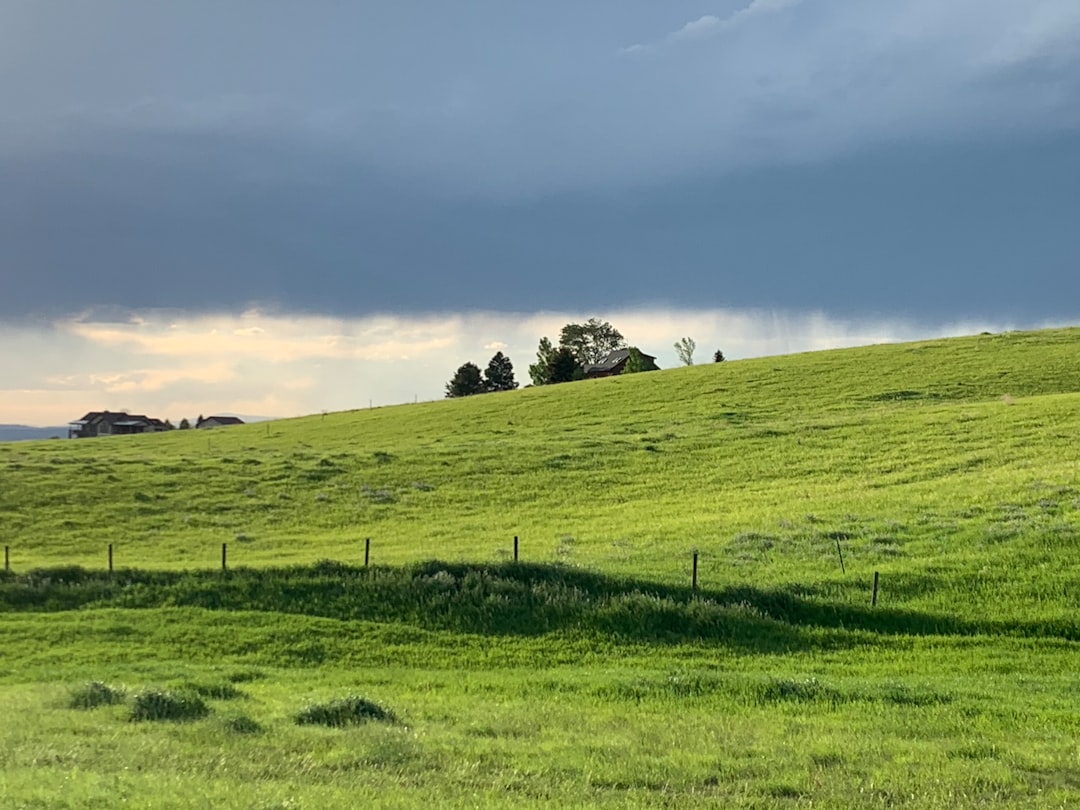Montana's strict Spam Call Law and TCPA regulations challenge non-profits in disaster relief communication. Organizations must obtain explicit consent for marketing calls/texts to avoid legal issues with spam call law firms. Adhering to these rules allows efficient donor engagement, community support, and effective crisis response while steering clear of legal complications.
Helena, Montana non-profits play a vital role in disaster relief efforts. However, navigating communication strategies within TCPA regulations is essential for maintaining legitimacy and effectiveness. This article delves into the complex world of TCPA laws specific to disaster relief, exploring Montana’s unique “Spam Call Law” and its implications for charities. We analyze legal challenges through a case study and provide best practices for post-disaster compliance, helping non-profits maximize their impact while adhering to regulations.
Understanding TCPA Regulations in Disaster Relief

In the chaotic aftermath of a disaster, effective communication is paramount for relief organizations in Montana. However, navigating the intricate web of TCPA (Telemarketing Consumer Protection Act) regulations can be a complex challenge. This federal law, designed to prevent spam calls and protect consumers, has significant implications for non-profits engaged in disaster relief efforts.
Understanding these regulations is crucial to ensuring compliance and avoiding potential legal pitfalls. The TCPA prohibits unsolicited phone calls to individuals without their prior express consent, particularly regarding marketing or promotional messages. For Montana-based non-profits coordinating relief efforts, this means obtaining explicit permission from recipients before initiating communications related to disaster relief services or fundraising activities. By adhering to these guidelines, non-profit organizations can effectively communicate with affected communities while steering clear of legal complications associated with the Spam Call law firm.
Montana's Role: Spam Call Law and Non-Profits

Montana, known for its vast landscapes and robust outdoor culture, has also taken a significant step in protecting its residents from unwanted spam calls with the implementation of a strict Spam Call Law. This law plays a crucial role in the state’s disaster relief communication efforts, especially for non-profit organizations operating within its borders. By establishing guidelines for legal telemarketing practices, Montana ensures that charities and humanitarian groups can effectively reach out to the community without inadvertently causing distress through excessive or unsolicited calls.
The Spam Call Law firm in Montana serves as a critical resource for non-profits, providing clarity on compliance matters. It enables these organizations to focus their efforts on delivering essential services during disasters rather than navigating complex legal territories. With this support, Montana’s non-profit sector can better coordinate relief efforts, ensuring that resources reach those in need promptly and efficiently, without the unnecessary burden of spam call regulations.
Impact on Communication Strategies for Charities

The TCPA, or Telephone Consumer Protection Act, significantly impacts communication strategies for charities in disaster relief efforts. With strict regulations against spam calls, non-profit organizations in Montana must now employ more targeted and consent-based outreach methods to connect with donors and volunteers. This shift necessitates a reevaluation of traditional marketing tactics, encouraging charities to become more strategic and mindful of consumer privacy.
Disaster relief communication now involves leveraging digital platforms, social media, and email campaigns that prioritize subscriber opt-in and preference. By adapting to these changes, Montana-based non-profits can ensure their messages reach the right audiences while avoiding potential legal repercussions from spam call law firms. Effective implementation of these new strategies can enhance donor engagement and foster a stronger sense of community support during challenging times.
Navigating Legal Challenges: A Case Study

Non-profit organizations in Helena, Montana, face unique challenges when it comes to disaster relief communication, especially regarding the Telephone Consumer Protection Act (TCPA). As a strict regulation designed to prevent spam calls and protect consumers, the TCPA can create hurdles for charities trying to reach out to supporters during critical times. A recent case study highlights these complexities.
A local Montana-based non-profit, dedicated to providing aid after a natural disaster, found itself in hot water when its emergency text message campaign was deemed in violation of the TCPA. The organization had intended to quickly mobilize volunteers and donors by sending automated texts, but their efforts were misinterpreted as spam. This scenario underscores the importance of understanding not only the spirit of the law but also the nuances of communication strategies for non-profits operating within the bounds of legal restrictions.
Best Practices to Ensure Compliance Post-Disaster

Post-disaster communication is a delicate balance between reaching out to affected communities and adhering to legal guidelines, particularly regarding telemarketing laws. Non-profits in Helena, Montana, must be vigilant about compliance with the Telephone Consumer Protection Act (TCPA) to avoid any potential penalties or legal issues. One of the best practices is to obtain explicit consent from recipients before initiating any calls, ensuring that their numbers are on a safe list and they have agreed to receive communication from your organization.
Additionally, clear and transparent communication about the purpose of each call can help build trust. Non-profits should also establish robust do-not-call mechanisms, allowing individuals to opt out easily if they choose to discontinue receiving calls. Regular training for staff involved in disaster relief efforts is essential to ensure everyone understands their responsibilities under the Spam Call law firm Montana regulations, thereby fostering a culture of compliance and ethical communication practices.






